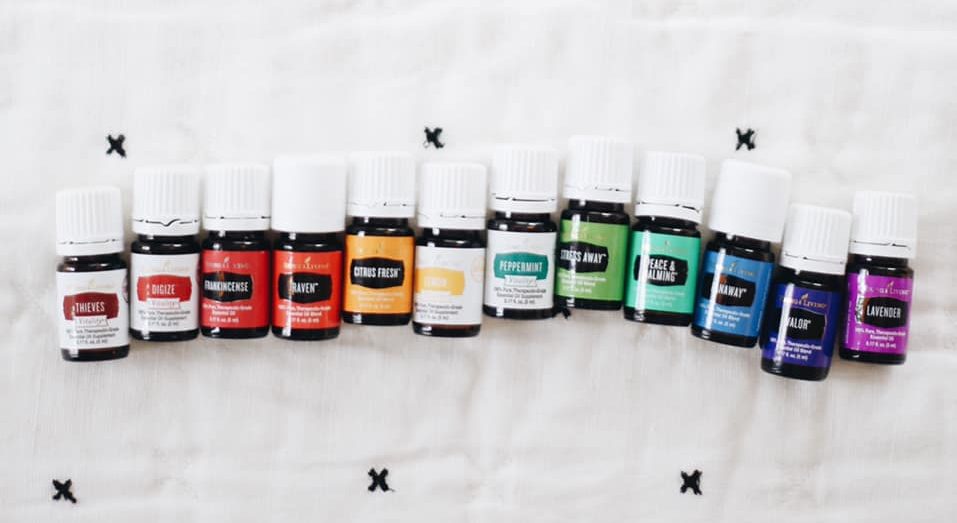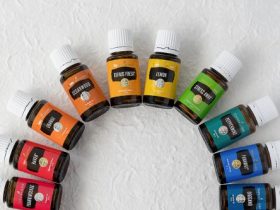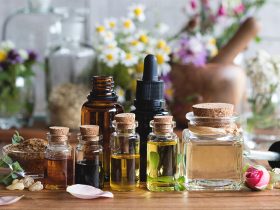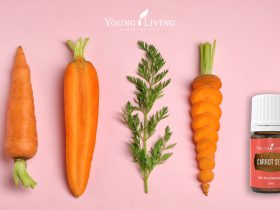Everything you need to know about essential oils
In this article, learn more about the uses, benefits, and potential side effects of essential oils.
What are essential oils?
Cold pressing and water distillation are two ways that manufacturers extract essential oils.
Essential oils are liquid extracts of various potentially beneficial plants. Manufacturing processes can extract the useful compounds from these plants.
Essential oils often have a much stronger smell than the plants they come from and contain higher levels of active ingredients. This has to do with the amount of plant matter required to make essential oil.
There are different ways that manufacturers extract the essential oils, including:
Steam or water distillation. This process passes water or hot steam through the plants, pulling the essential compounds away from the plant matter.
Cold pressing. This process works by mechanically pressing or squeezing plant matter to cause it to release essential juices or oils. A simple example of this would be smelling the fresh scent of lemon after squeezing or zesting a lemon peel.
After extracting the active compounds from the plant matter, some manufacturers may add them to a carrier oil to get more product from the same amount of essential oil. These products would no longer be pure essential oils, but a mixture.
Are they effective?
Many different plants are available as essential oils.
Some essential oils can be effective, depending on what a person uses them for.
Essential oils for bug bites can be highly effective when correctly used. These naturally derived oils target inflammation and itchiness, taking the misery out of bug bites.
Oils can reduce the temptation to scratch, which can prevent infections. This is because persistently scratching a bug bite may open a wound that allows bacteria to get into the body.
Essential oils can help with bug bites in several ways. The following oils may help speed healing time and reduce itching after a bug bite.
Fast facts on essential oils for bug bites:
It is crucial to dilute essential oils with a carrier oil, such as vegetable oil.
Antimicrobial essential oils can reduce the risk of developing an infection.
Anti-inflammatory oils can change the way the body reacts to bug bites, reducing the itch.
People with allergic reactions should avoid essential oils. Essential oils might trigger an asthma attack for some people.
Oils to use
Peppermint oil may help with the burning and itching from bug bites.
Any bug bite can become infected, especially if it is scratched or it leaves an open wound, as some stings do. In people who have a mild skin reaction — as many people do to mosquito and ant bites — these oils may be beneficial.
Always mix the essential oil with a carrier oil and do not apply directly to the skin.
Sign up link: www.youngliving.com/us/en/referral/31421803
My Young Living Website (info about essential oils): https://stephaniechan.lifestepseo.com






